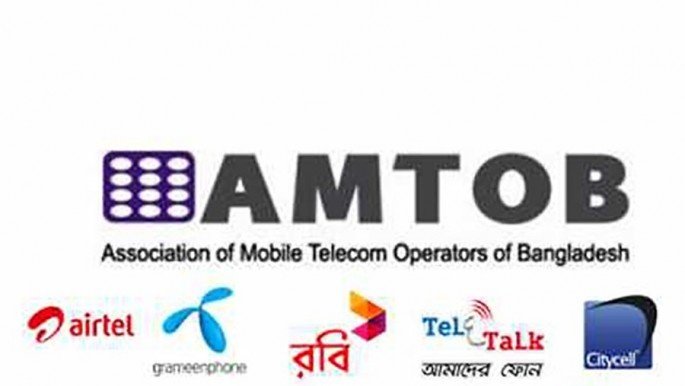The Association of Mobile Telecom Operators of Bangladesh (AMTOB) has expressed strong support for the government’s proposed Telecommunications Network and Licensing Reform Policy 2025, describing it as a “bold and necessary step” to modernize the country’s outdated telecom regulatory framework.
In response to recent media debates, AMTOB emphasized the need for a clear, fact-based understanding of the reforms, rejecting claims that the draft policy favors foreign companies or mobile operators. Instead, the association highlighted how the current policy restricts mobile operators’ operational scope, despite their frontline role in delivering digital services nationwide.
AMTOB criticized the sector’s fragmentation under the legacy 2007 ILDTS policy, which introduced multiple intermediaries like IGWs, IIGs, ICXs, and NTTNs. These entities add little value but increase costs and inefficiencies. The new policy’s licensing regime—dividing services into International Connectivity, National Infrastructure Connectivity, and Access Network—is welcomed as a significant improvement.
The association stressed that mobile operators in most countries enjoy end-to-end infrastructure autonomy, enabling more affordable, higher-quality services. Bangladesh’s segmented licensing hampers growth and degrades user experience. AMTOB concluded that telecom reform is a national priority crucial to achieving a digitally advanced economy and socio-economic development.















